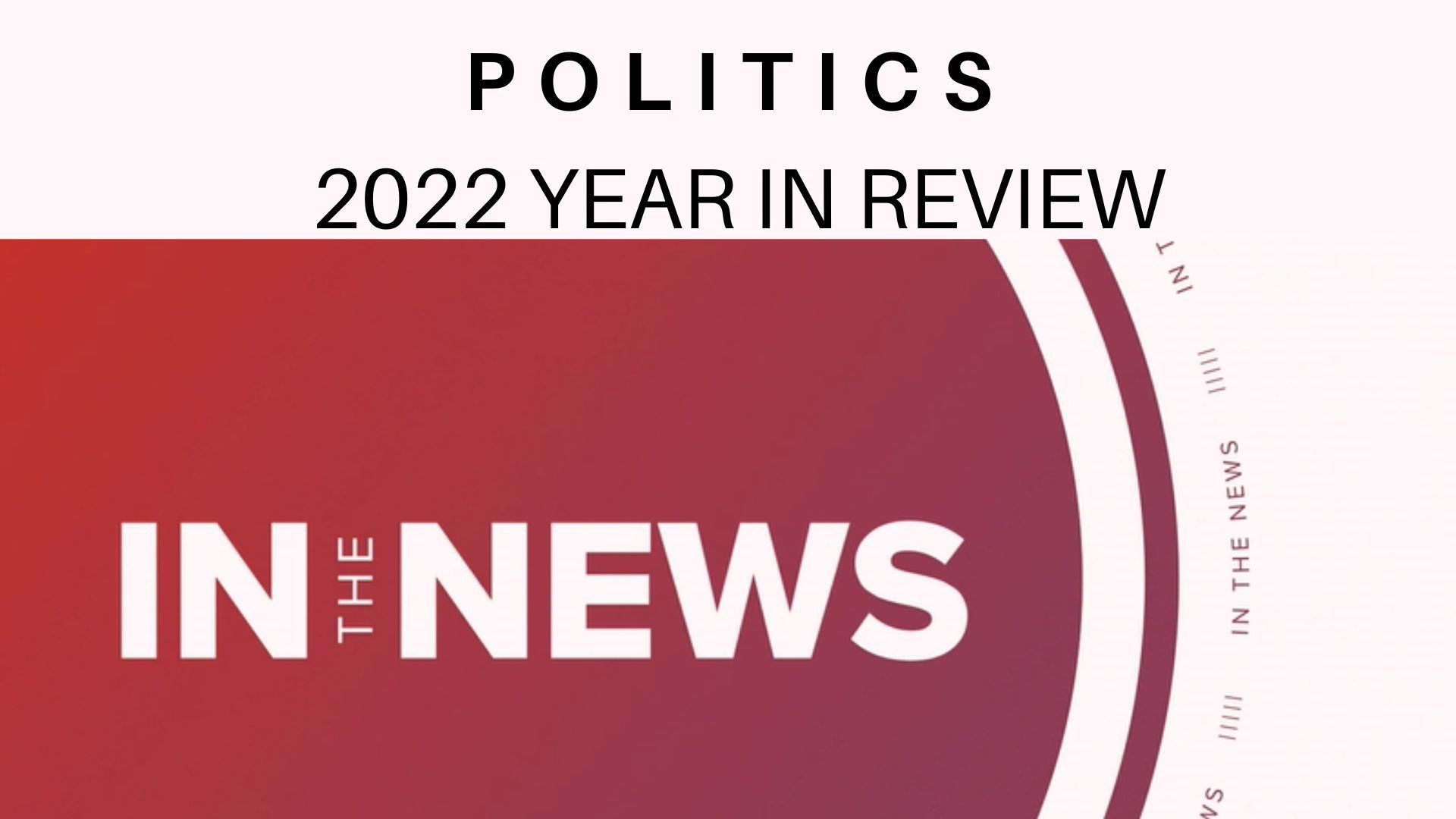WASHINGTON — Several new D.C. laws are poised to go into effect on Jan. 1, 2023.
Some of the new laws will impact the lives of District residents from how much they are paid to how some employers handle parking benefits.
Here is a look at seven new laws that will go into effect on New Year's Day.
1. Living wage increase
According to DC officials, the living wage in the District will increase to $16.50 in accordance with the Living Wage Act of 2006. Due to this increase, D.C.'s minimum wage will increase from $16.10 an hour to $17.
"This increase is due to provisions of the amendment that tie DC’s minimum wage to the Consumer Price Index," DC officials said in a release.
2. The purchase of "medically necessary foods"
Starting Jan. 1, any health benefits plan issued after Dec. 31, 2022, must provide coverage for the cost of medically necessary food ordered as necessary by a provider for a number of diseases or conditions.
Some of the diseases or conditions covered include Inflammatory bowel diseases like Crohn's disease and ulcerative colitis, Gastroesophageal reflux disease and Inherited metabolic disorders.
A full list of diseases or conditions that qualify can be found by clicking here.
3. Paid family leave
With the New Year comes an increase in paid family leave for DC government workers. The increase will allow employees to take 12 weeks of family or parental instead of eight weeks.
DC government employees will also begin to receive paid personal medical leave and pre-natal leave.
4. Recycling batteries
On Jan. 1, 2023, D.C. officials hope to create a more safe and responsible way of disposing of batteries.
These batteries "can contain metals harmful to the environment and toxic to humans and animals," said officials in a release. "In 2022, battery producers were required to safely recycle batteries, and as of Aug. 1, 2023, consumers will only be able to dispose of primary or rechargeable batteries in the District through battery recycling programs or other approved means."
Approved "battery stewardship organizations" must submit plans to the Department of Energy and Environment (DOEE) by Jan. 1 in accordance with the Zero Waste Omnibus Amendment Act of 2020.
5. 311 Service requests for dockless e-bikes and scooters
Are you sick of seeing e-bikes and scooters left in inconvenient places, whether in parking spots, the middle of sidewalks or sometimes even just feet away from the dock? Well, starting Jan. 1, improvements are coming to report complaints about the parking of dockless e-bikes or scoots.
The District Department of Transportation (DDOT) will now use the Office of Unified Communications’ 311 system and response tickets will be issued to the shared mobility operators, who are required to fix illegally parked dockless e-bikes or scooters within two hours.
Beginning Jan.1, the company that owns the e-bikes or scooters must provide information on how to report an illegally parked device to D.C.'s 311 Call Center and DDOT will update its permits to reflect this requirement.
6. Zero commercial food waste
Changes are coming to how businesses can handle commercial food waste starting Jan. 1.
According to DC officials, requirements will now extend to retail food stores that are at least 10,000 square feet and colleges and universities with at least 2,000 residential students.
These establishments must abide by six key food waste requirements such as ensuring proper storage for food waste on-site, including a container with a secure lid.
7. Parking cash out
The Parking Cashout Law requires D.C. employers with 20 or more covered employees that offer a parking benefit, whether free or subsidized parking, to also offer a "Clean Air Fringe Benefit" to employees receiving the parking benefit, develop a transportation demand management plan, or pay a Clean Air Compliance fee.
As of Jan. 1, employers in D.C. with 20 or more covered employees, regardless of whether they offer a parking benefit, must report to the District Department of Transportation (DDOT) details of how they comply or their basis for being exempt from the requirements by Jan. 15.
"All District employers with 20+ employees must report to DDOT every other year, regardless of if they offer a parking benefit," officials said in a release.
More information on the Parking Cashout Law can be found by clicking here.
WATCH NEXT: Why do we celebrate the New Year on January 1?
This Week In History: Why do we celebrate the New Year on January 1? Well, let's blame the Romans.

